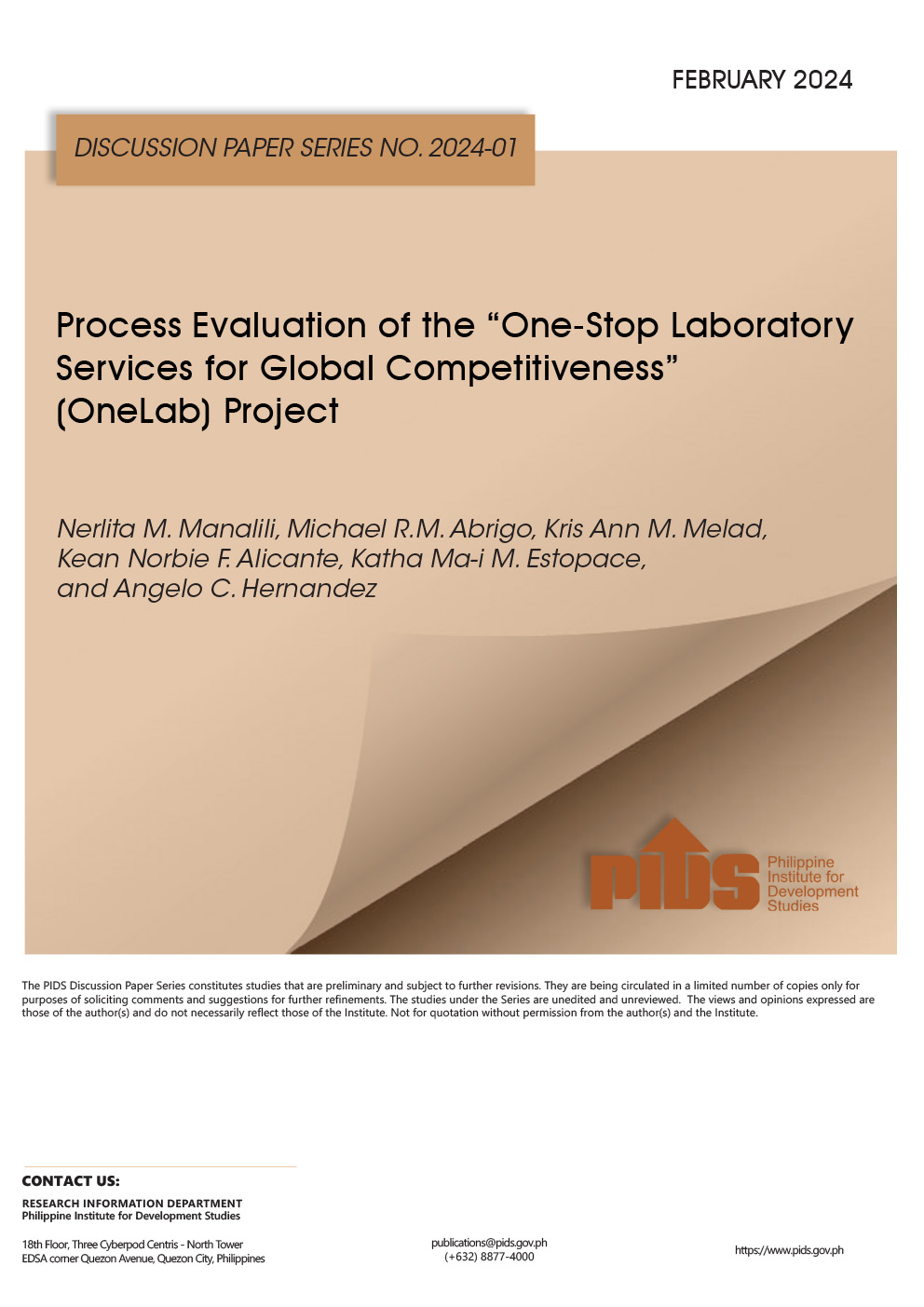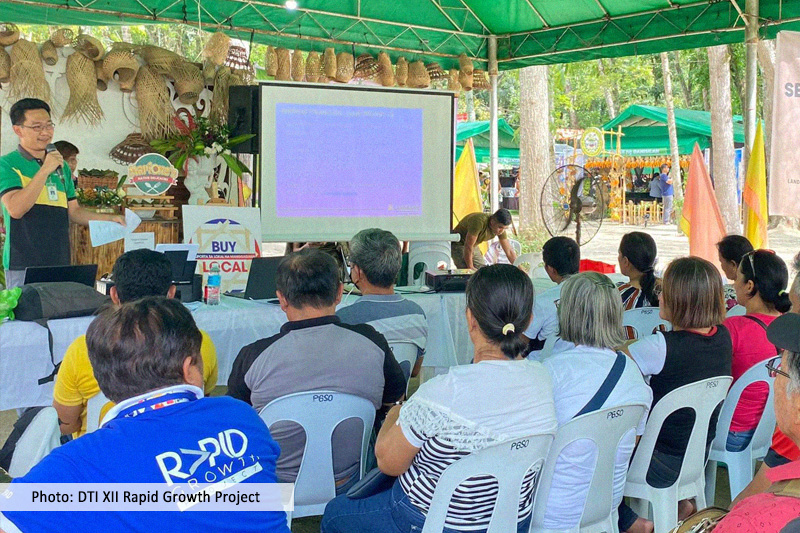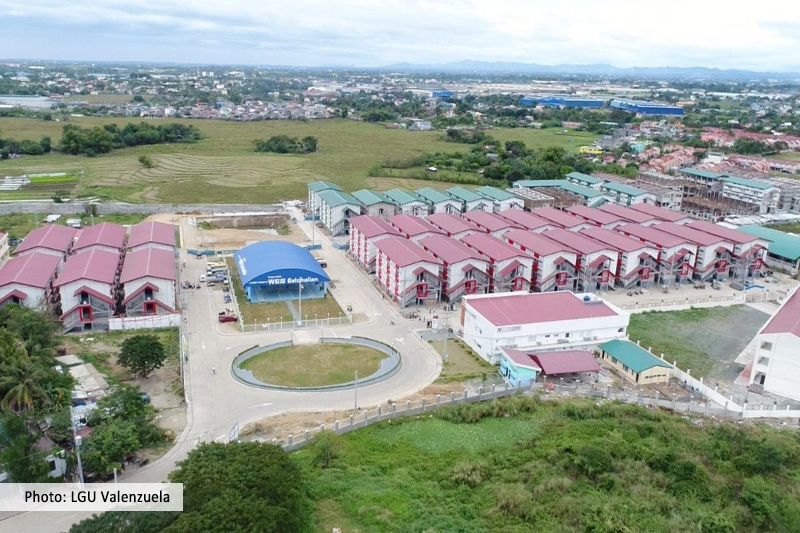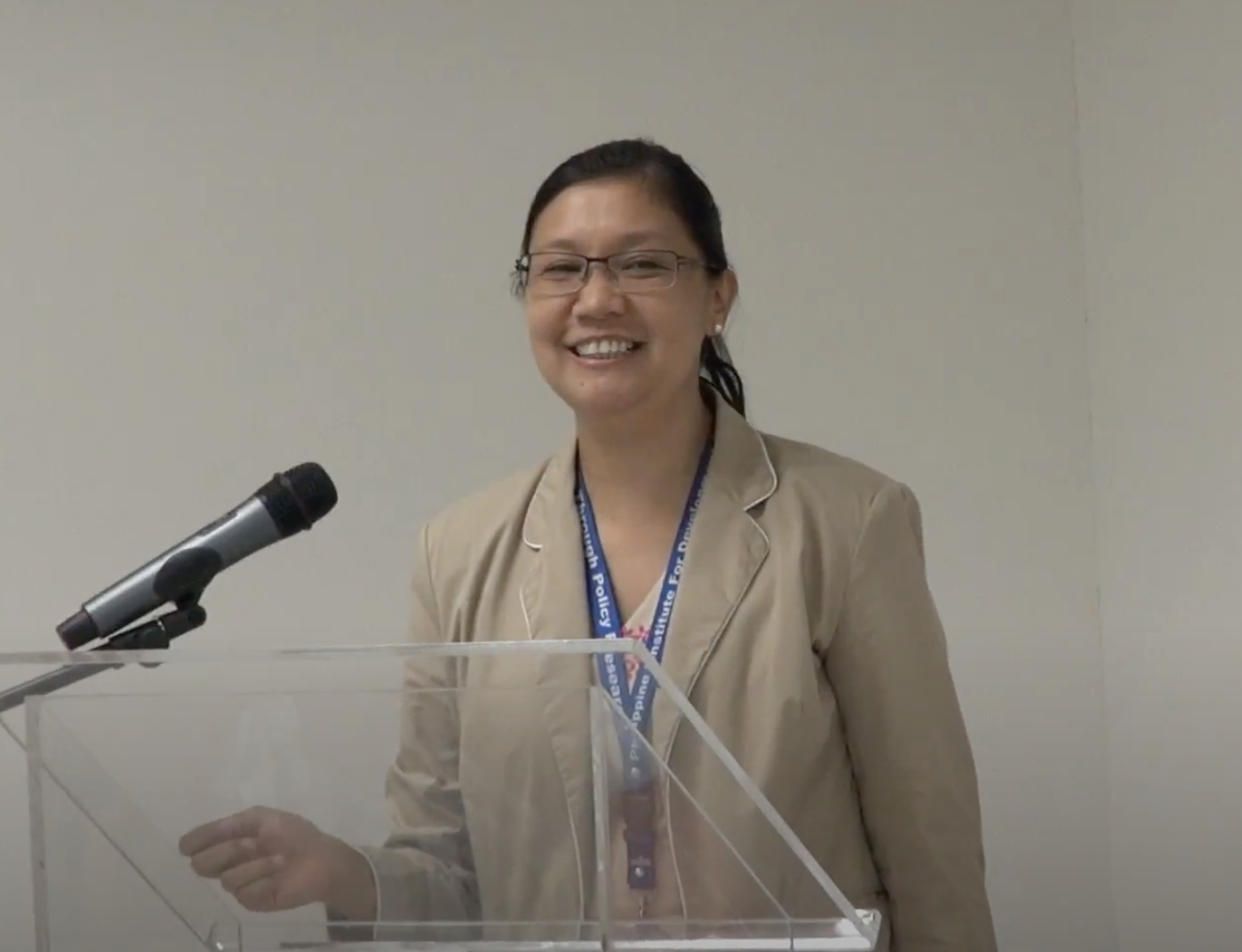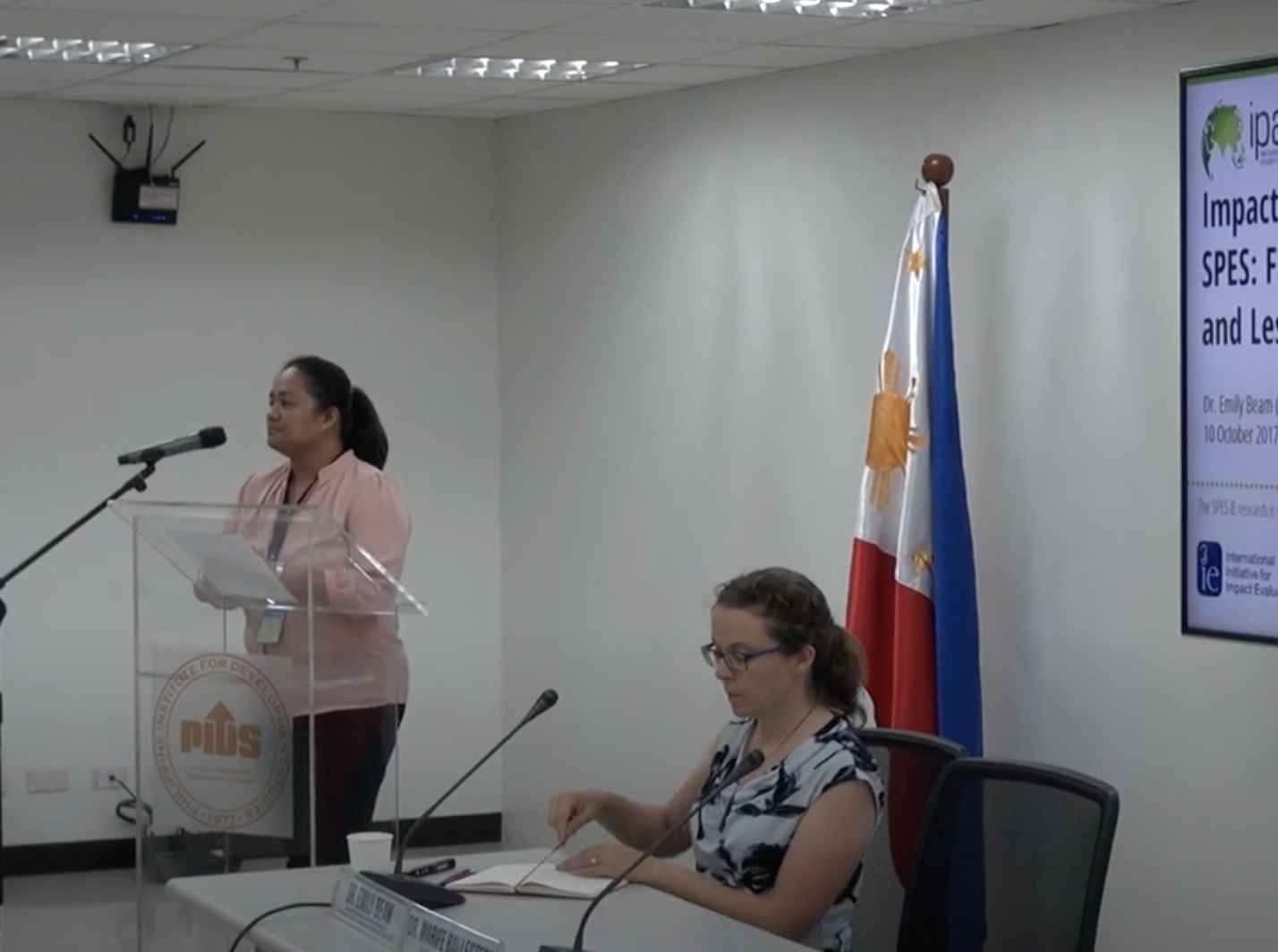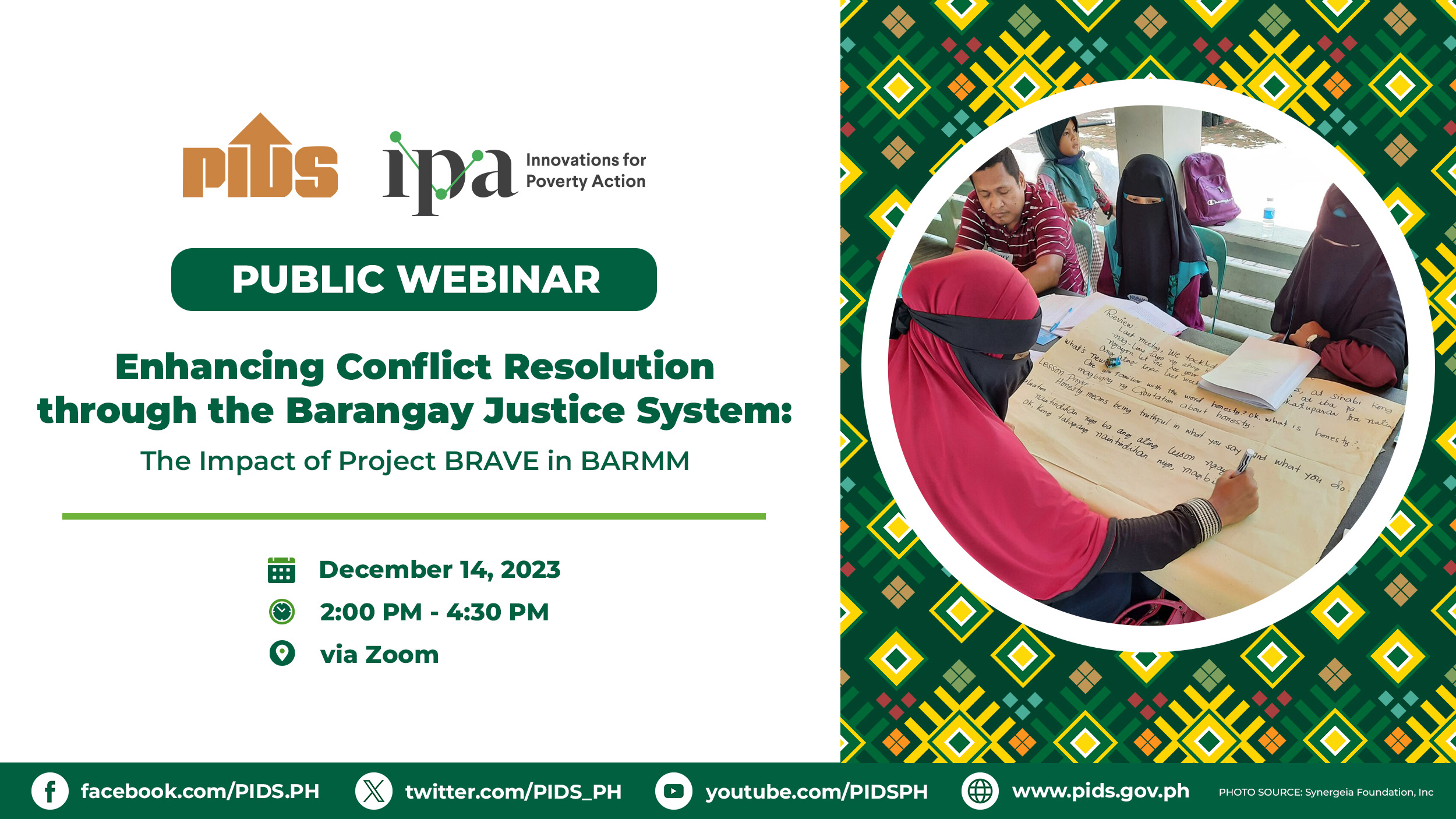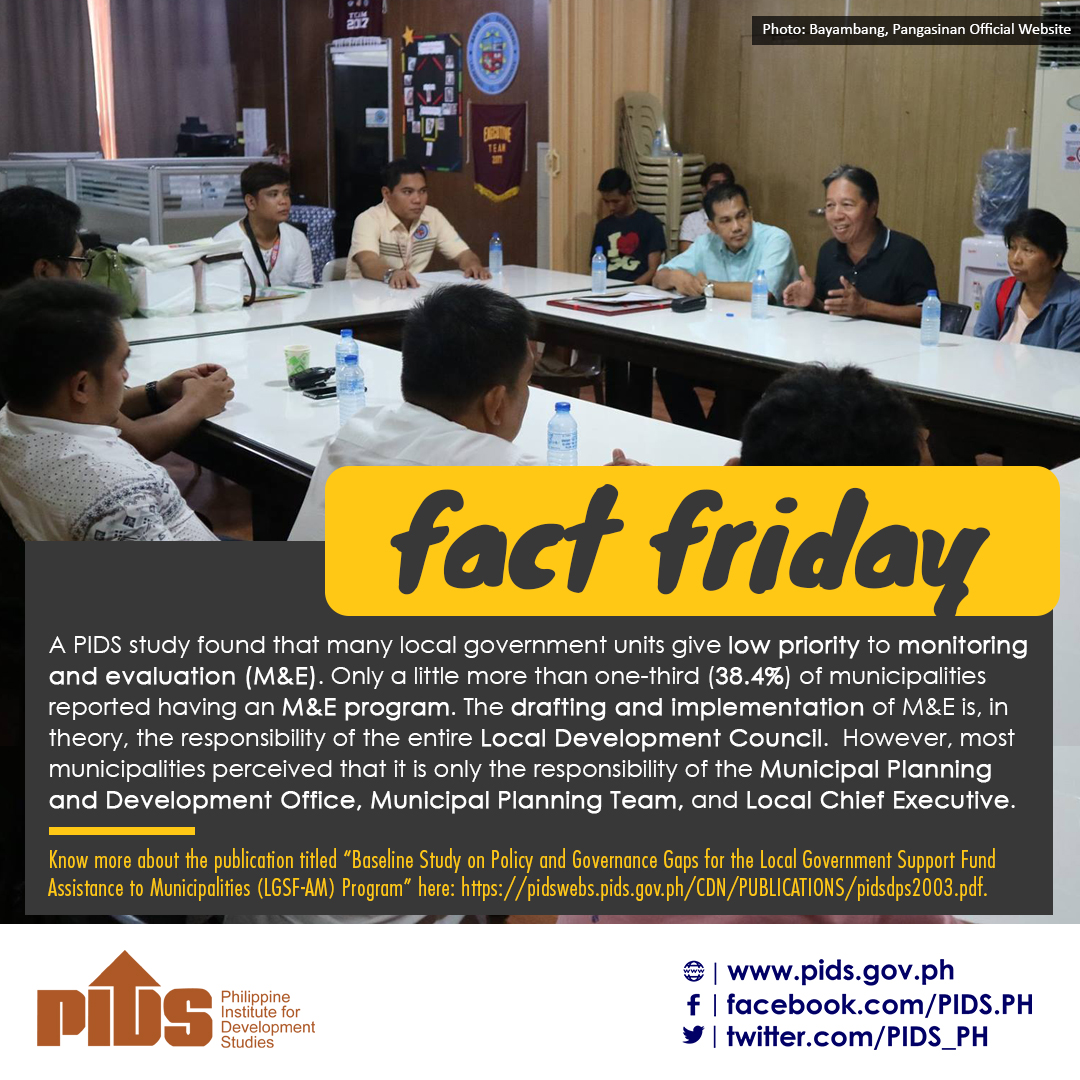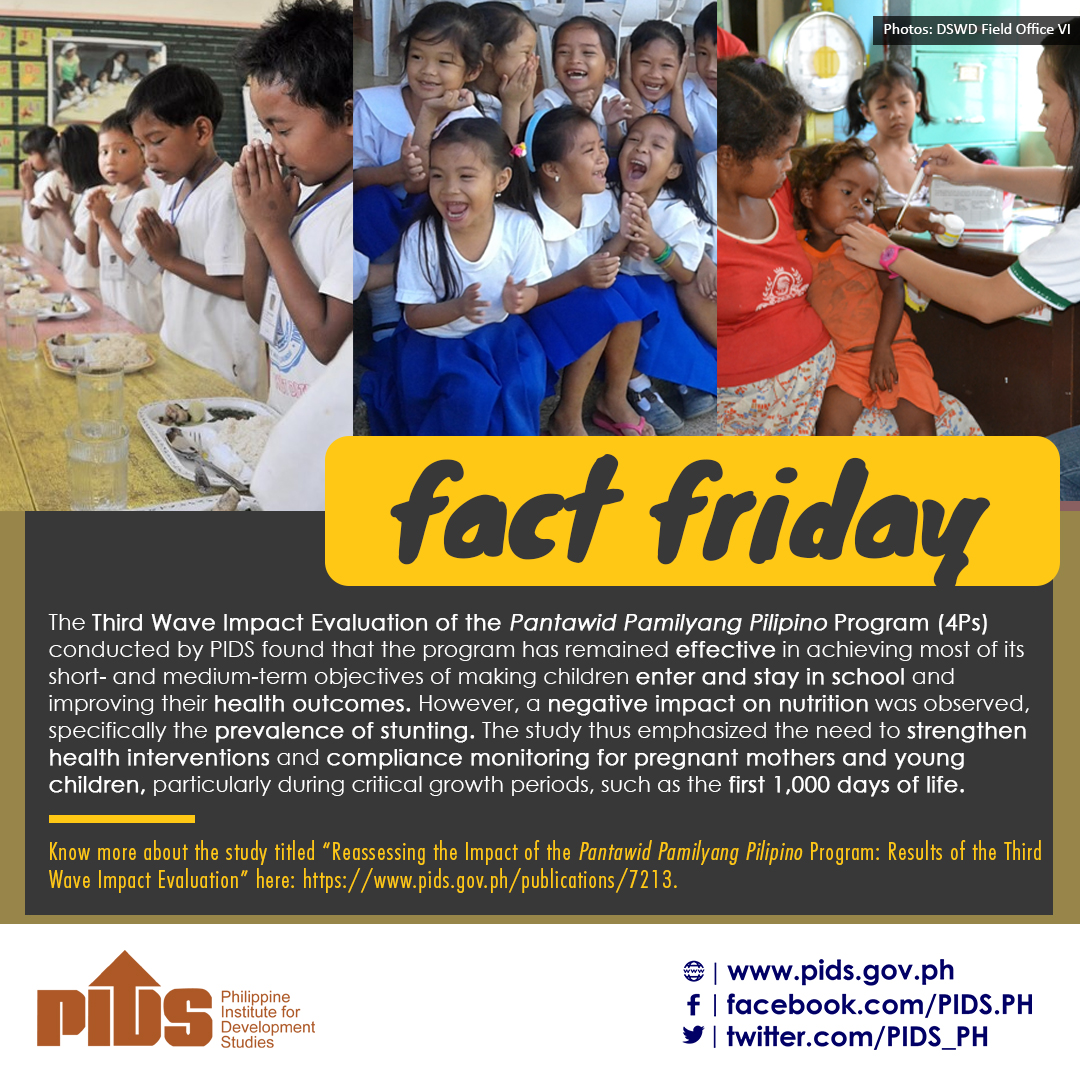To help policymakers ensure that public and donor funds are used prudently, and that limited resources are directed towards more efficient development interventions, the National Economic and Development Authority said the government will continue to conduct impact evaluation on its programs and projects.
"In developing countries such as the Philippines, impact evaluation is vital in identifying what programs or projects work and what do not,” NEDA director general Arsenio Balisacan said during his speech at the Impact Evaluation for Development Effectiveness knowledge sharing at the Asian Development Bank on November 20.
Last July, the government finalized the National Evaluation Policy Framework through a Joint Memorandum Circular between NEDA and the Department of Budget and Management. This aims to further improve resource allocation processes for various government projects and programs.
"We want to be able to report to our stakeholders that the projects that we support achieve the intended outcomes,” Balisacan said.
"With greater accountability and transparency being institutionalized, we hope to continue the progress we have made over the last five to six years,” he added.
In 2014, a P300-million budget was allotted to the Philippine Institute and Development Studies (PIDS) to conduct evaluation studies on key government programs and projects.
The budget is also intended for various government agencies and selected state universities and colleges for capacity-building programs on impact evaluation.
To date, PIDS already completed eight process evaluation studies and six impact evaluation training workshops for 231 technical staffs from various government agencies and selected state universities and colleges.
In addition, 17 ongoing process evaluation studies are scheduled to be completed next month.
The Australian government has also provided AUS$2.8 million worth of assistance through the International Initiative for Impact Evaluation to evaluate three major development programs — Special Program for the Employment of Students (SPES), Sustainable Livelihood Program and Payapa at MasaganangPamayanan (PAMANA-Peace and Development) Program.
SPES, a project of the Department of Labor and Employment, is designed to link low-income youth aged 15 to 25 to formal work opportunities during schoolsemestral or summer breaks.
The impact evaluation study thus aims to determine how SPES affects the students’ school participation, as well as their income, work hours and the duration of job search.
The study on the Sustainable Livelihood Program of the Department of Social Welfare and Development, meanwhile, is expected to determine whether and to what extent the livelihood and employment opportunities it provides to recipients of conditional cash transfers improve the conditions of the beneficiary families.
The impact on conflict-affected areas of the PAMANA Peace and Development program handled by the Office of the Presidential Advisor on the Peace Process will likewise be evaluated.
Balisacan noted the Supreme Court has expressed interest to subject its "Access to Justice by the Poor” to impact evaluation.
"To me that is a very interesting development; for them to be willing to be subjected to the discipline of impact evaluation is very encouraging,” Balisacan said.
"As we approach the end of the current administration, we are confident that we have put in place an enabling environment where the appreciation, conduct of evaluation and subsequent use of evaluation findings in policy and investment decisions are fully embedded in government programs, projects and processes,” he added.//

